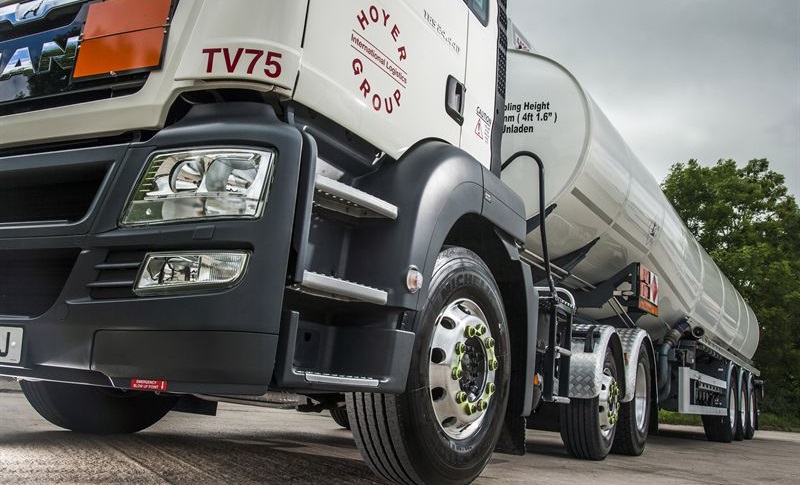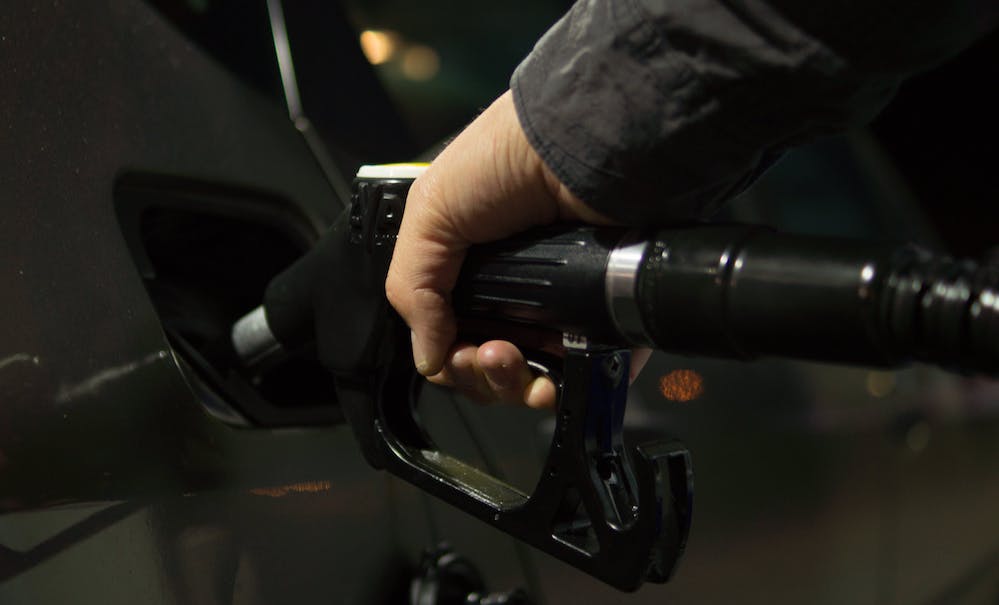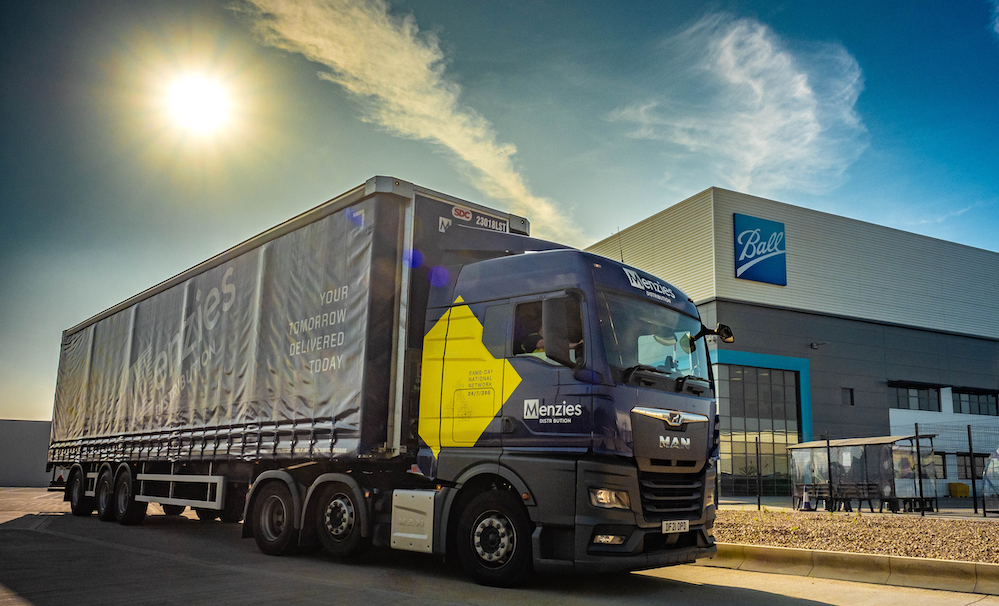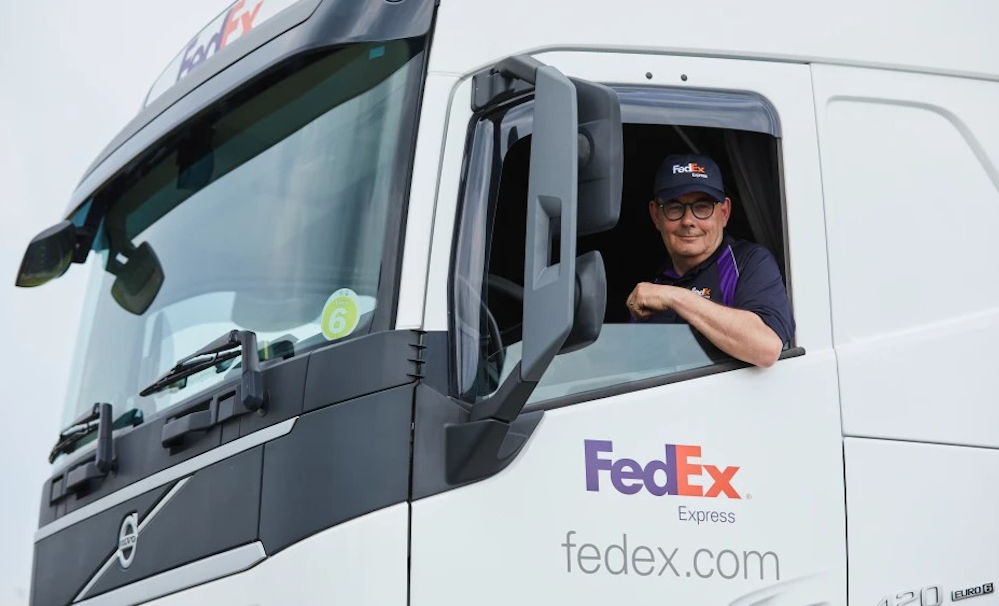Michael Ayres, Deputy CEO of Dearman, commented:
“Dearman welcome the government’s strong stance on diesel, which is necessary if we are to start tackling Britain’s air pollution crisis. However, action is still required to address the most disproportionate polluters, such as the UK’s 84,000 diesel transport refrigeration units, which should be phased out over the next five years. Clean alternatives are available, affordable, and if all 84,000 became zero emission, it would equate to taking four million diesel cars off Britain’s roads. Such a step would ensure Britain’s air quality is improved significantly and a lot sooner than 2040.”
Richard Gueterbock, Marketing Director, Clearfleau, said:
“We’re very encouraged that the government has decided on a total ban of petrol and diesel vehicles from 2040. This should force industry to develop lower emission alternative fuels. One particular challenge is greener fuel for commercial vehicles and HGVs – where electric power is not sufficient for transport of food products for example. Clearfleau’s recent research shows that food and drink processing factories can generate their own biomethane from process rescues which be converted into a sustainable, low-carbon fuel for their delivery trucks; a perfect example of the circular economy in action. We also need to make sure that BEIS works with the DfT to encourage the production of bio-energy on factory sites and this must feature in the clean growth strategy due to be published later this year.”
Commenting on the news, Peter Millichap, UK Director of Marketing at Teletrac Navman:
“News that diesel and petrol cars and vans will be banned from 2040 as part of efforts to tackle air pollution has hit headlines everywhere. Whilst we welcome any measures which help combat pollution and improve air quality, it raises many questions in terms of how it will be implemented. For example, will we have the infrastructure to cater for all UK road users to drive electric vehicles in just 23 years? This will mean getting rid of all fuel stations and installing enough public charging points across the country. Whilst this would be a significant achievement and very logically progressive, the practicalities and costs of implementing this will be in the billions. With the UK diesel scrappage scheme announcement on the horizon this Monday, we will find out more in terms of how the Government plans to subsidise petrol and diesel vehicle owners and encourage this shift towards greener vehicles, but it will undoubtedly be a transition which will have a huge impact on transport companies across the UK, as well as impacting the everyday road user. In the meantime, there are measures that can be taken to meet compliance standards and help reduce emissions through the implementation of telematics technology; helping to reduce fuel consumption through route optimisation and software which can monitor maintenance needs.”
What is your view on the Government’s proposal?







